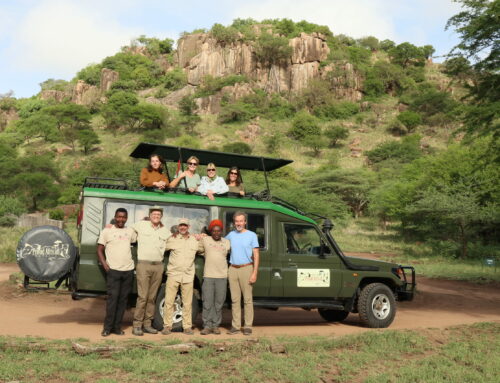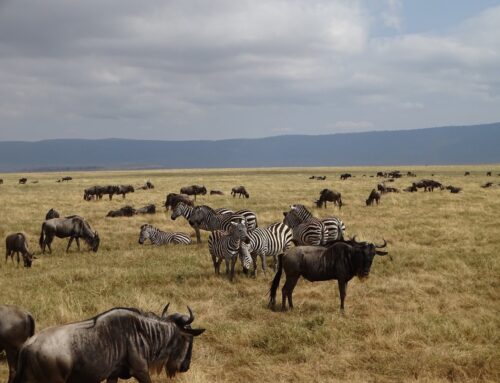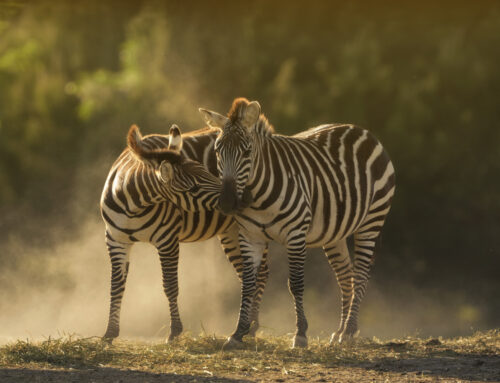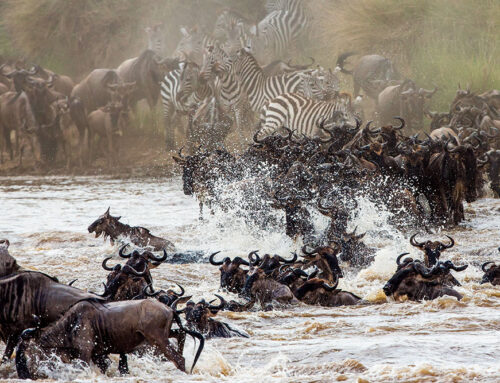Wildlife crime is not an issue that should only concern Africa. The entire world must participate in fighting this intricate chain of corruption and terrorism that is incompatible with respectful and responsible living. Every measure that can be taken locally and internationally to fight wildlife crime contributes not only to conservation efforts but to the economic and socio-political security of every country that is crossed by this network.
Wildlife crimes like poaching, trophy hunting, selling or owning protected wildlife species generate illegal income of around $10-$20 billion yearly, putting it amongst the largest illegal trades in the world. Illegal trade destinations like Asia and Africa are well-known to the general public, as light has been shed on practices like Chinese Traditional Medicine. But, we should be more aware of how large the U.S. illegal wildlife market actually is.
The public must realize how spread wildlife crime actually is and how close such activities take place. Educating the American public on the colossal proportions of the illegal wildlife trade in their country might shift the responsibility on the long-term, but it can only be supported by good laws to become effective here and now.
The RAWR Act 2019
One of the laws that are trying to actively fight illegal wildlife trade in the US is the RAWR Act of 2019, promoted by House Representatives Vern Buchanan and Dina Titus. They proposed that rewards should be given in exchange for information that helps fight illegal wildlife trade linked to organized crime.
While the US already has laws that enable the State Department to offer rewards for information that helps fight international crime, passing RAWR means directly enabling animal protection measures. The incentive system has already proven to be effective in fighting organized crime, so a more targeted law on the issue of wildlife trading is more than welcome.
Click the button below to talk to one of our Safari Specialists!
Recent Posts
Wildlife crime is not an issue that should only concern Africa. The entire world must participate in fighting this intricate chain of corruption and terrorism that is incompatible with respectful and responsible living. Every measure that can be taken locally and internationally to fight wildlife crime contributes not only to conservation efforts but to the economic and socio-political security of every country that is crossed by this network.
Wildlife crimes like poaching, trophy hunting, selling or owning protected wildlife species generate illegal income of around $10-$20 billion yearly, putting it amongst the largest illegal trades in the world. Illegal trade destinations like Asia and Africa are well-known to the general public, as light has been shed on practices like Chinese Traditional Medicine. But, we should be more aware of how large the U.S. illegal wildlife market actually is.
The public must realize how spread wildlife crime actually is and how close such activities take place. Educating the American public on the colossal proportions of the illegal wildlife trade in their country might shift the responsibility on the long-term, but it can only be supported by good laws to become effective here and now.
The RAWR Act 2019
One of the laws that are trying to actively fight illegal wildlife trade in the US is the RAWR Act of 2019, promoted by House Representatives Vern Buchanan and Dina Titus. They proposed that rewards should be given in exchange for information that helps fight illegal wildlife trade linked to organized crime.
While the US already has laws that enable the State Department to offer rewards for information that helps fight international crime, passing RAWR means directly enabling animal protection measures. The incentive system has already proven to be effective in fighting organized crime, so a more targeted law on the issue of wildlife trading is more than welcome.







